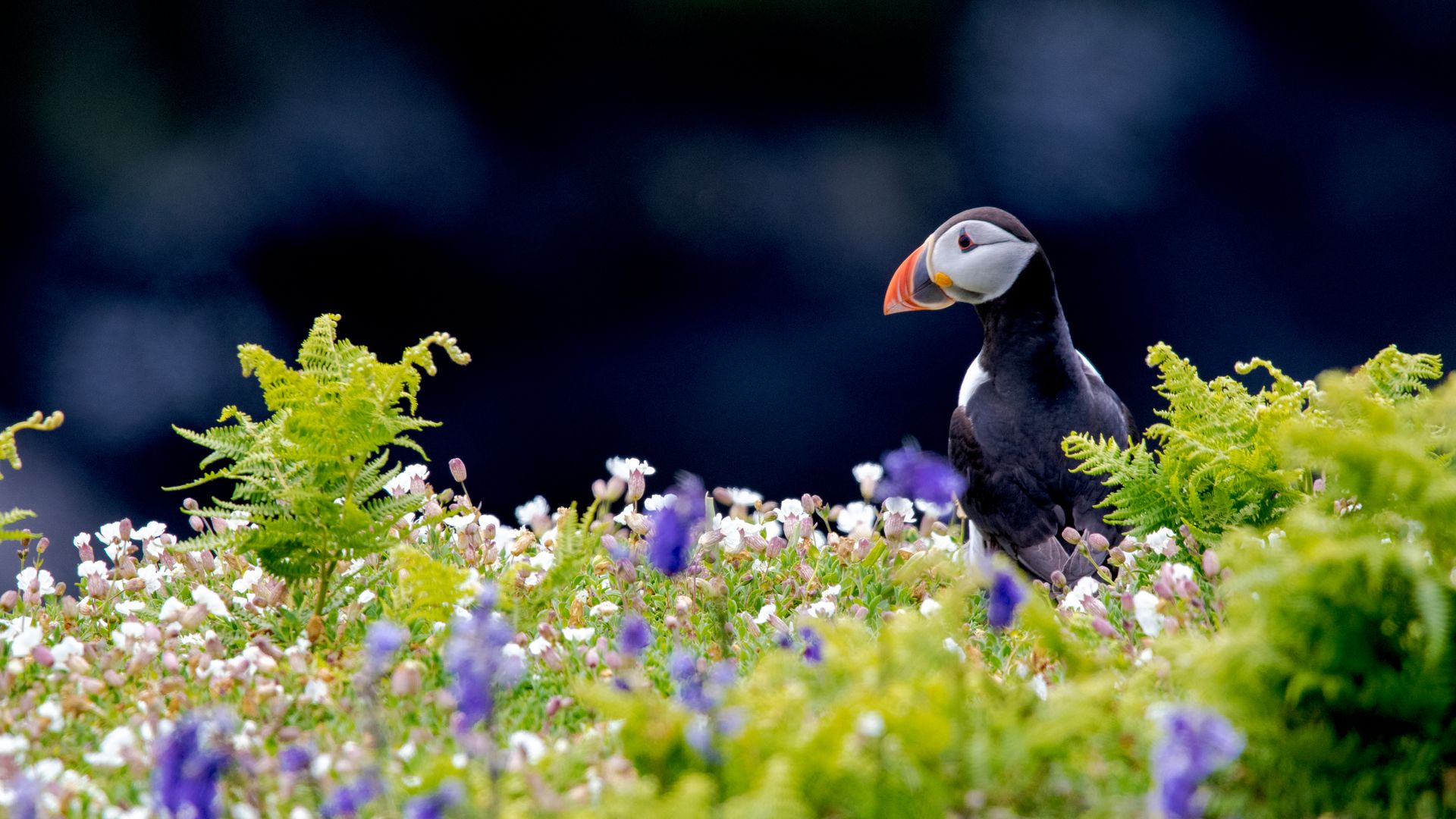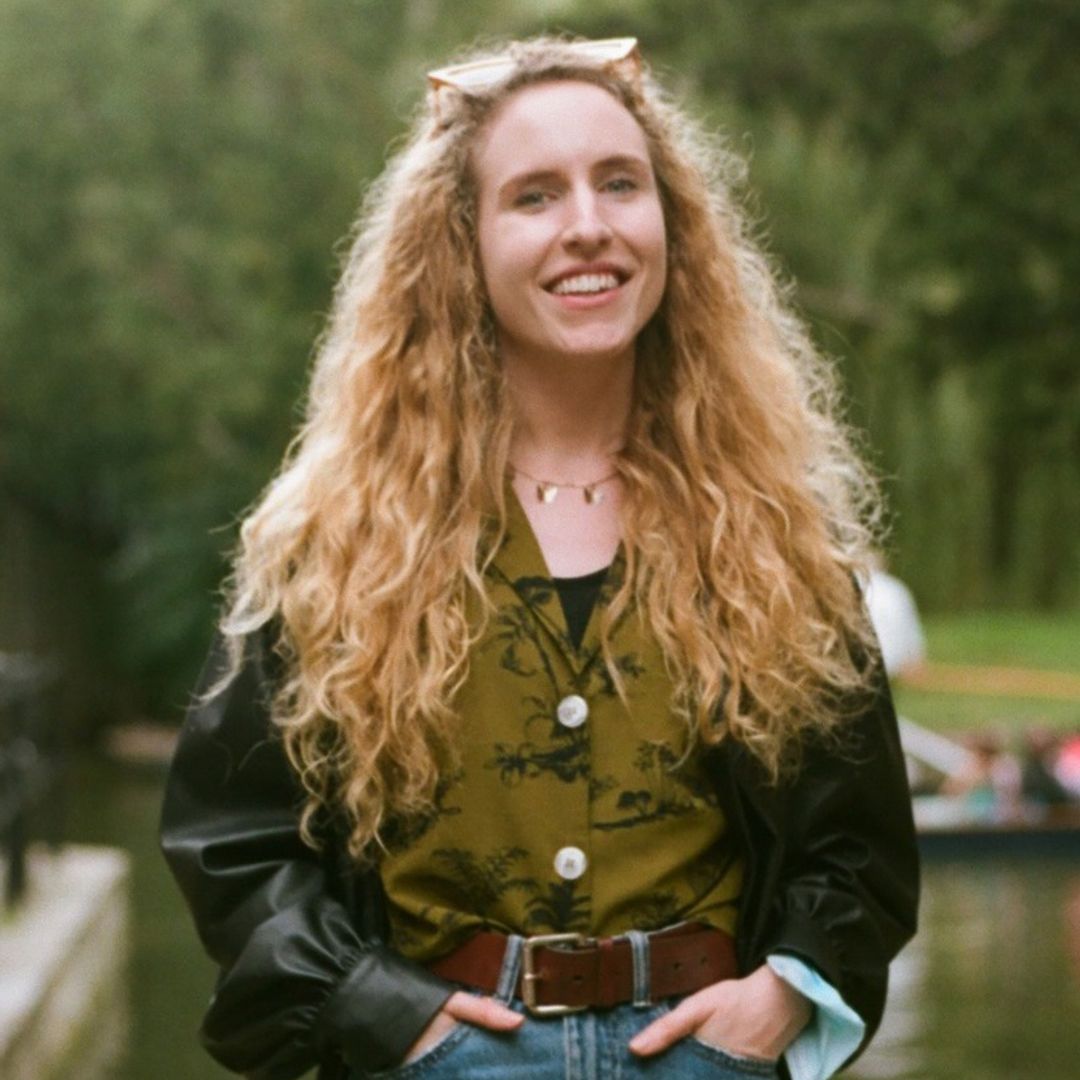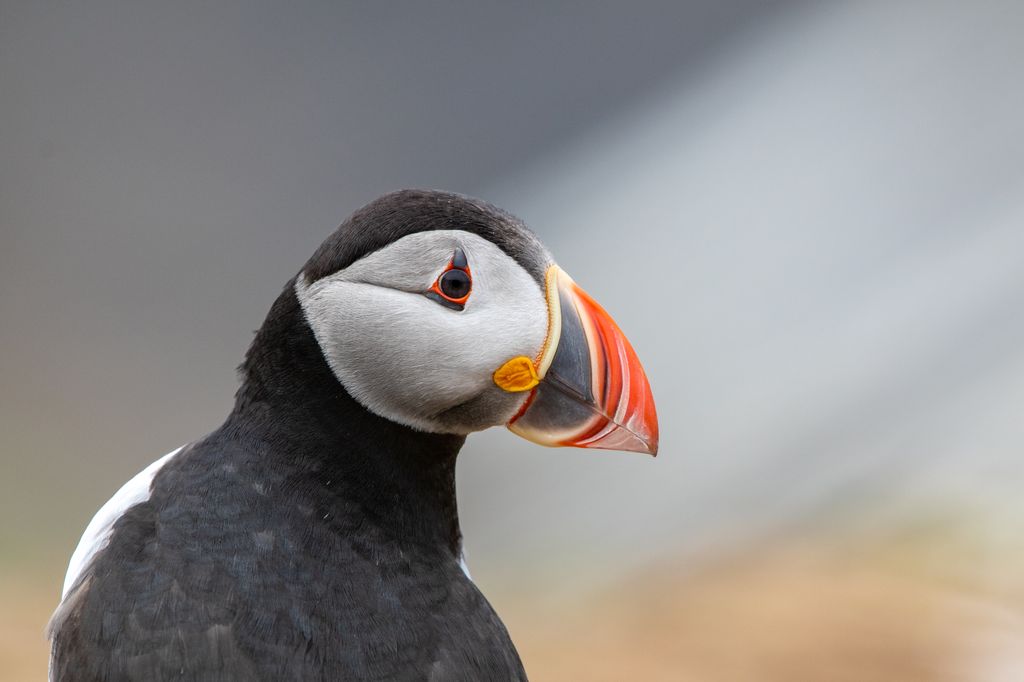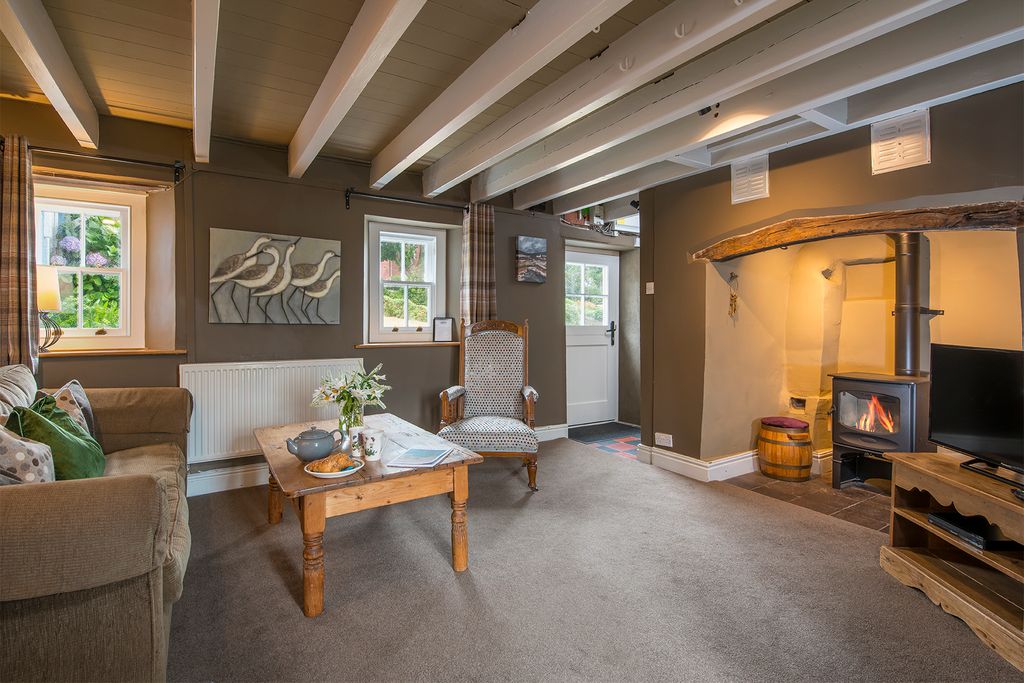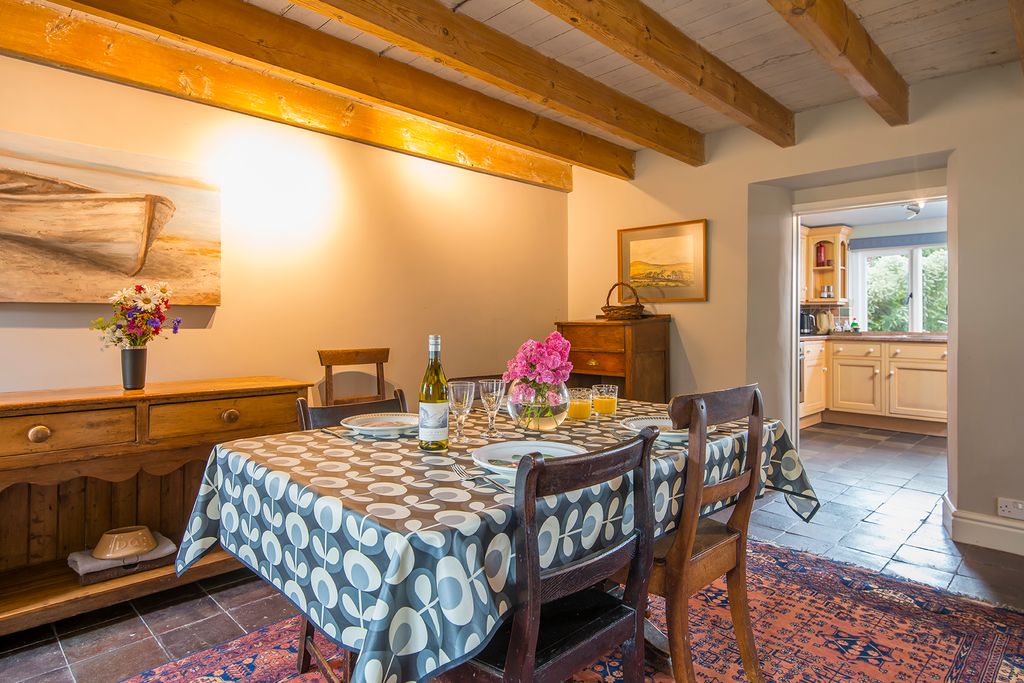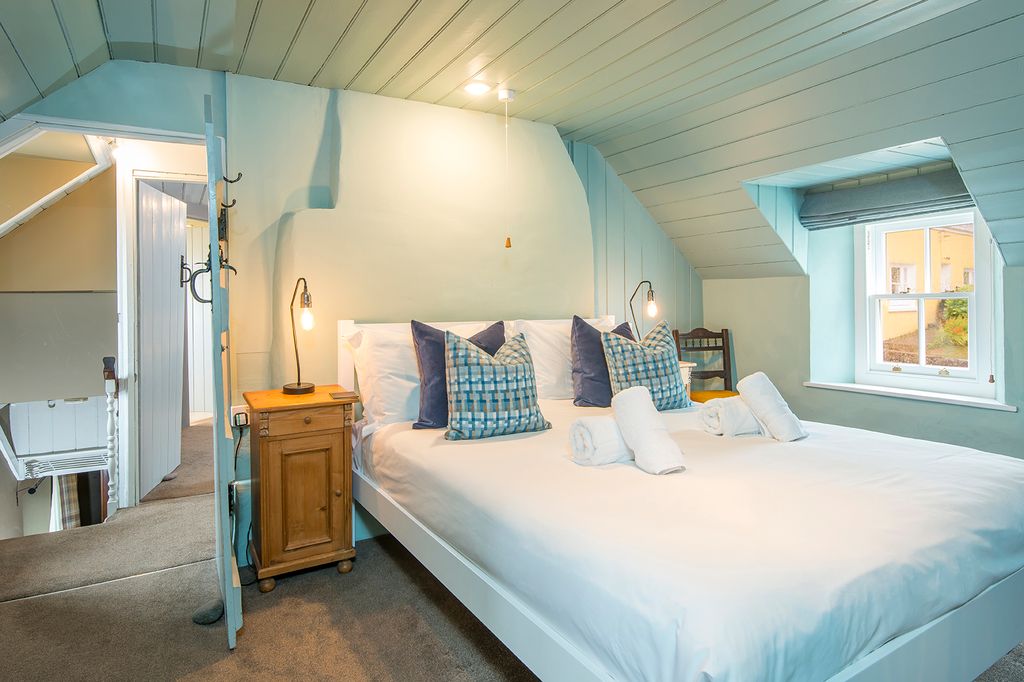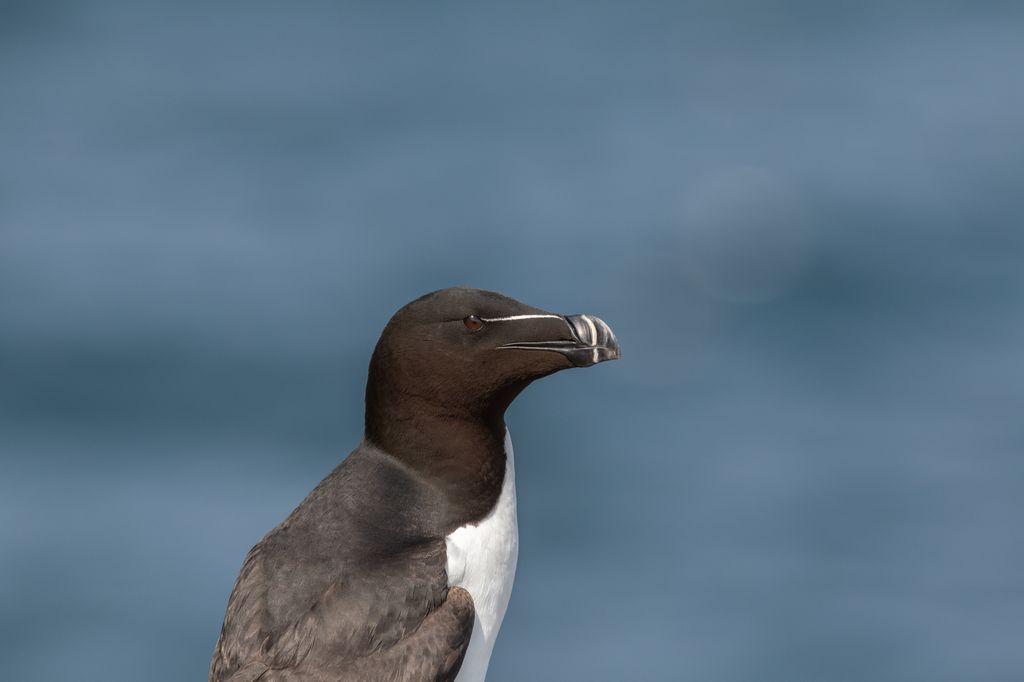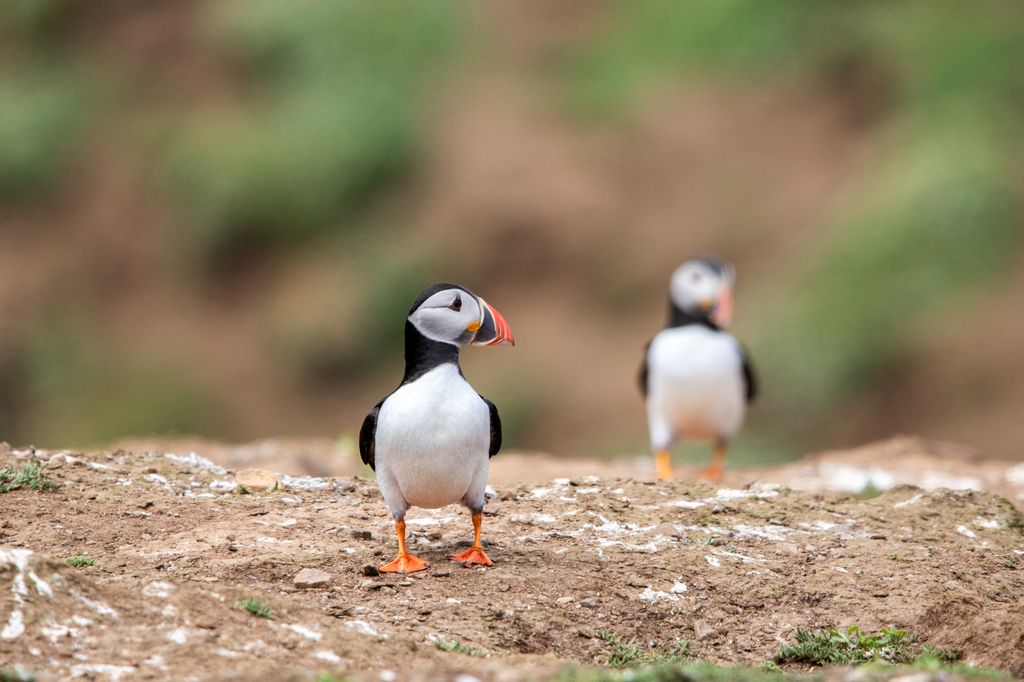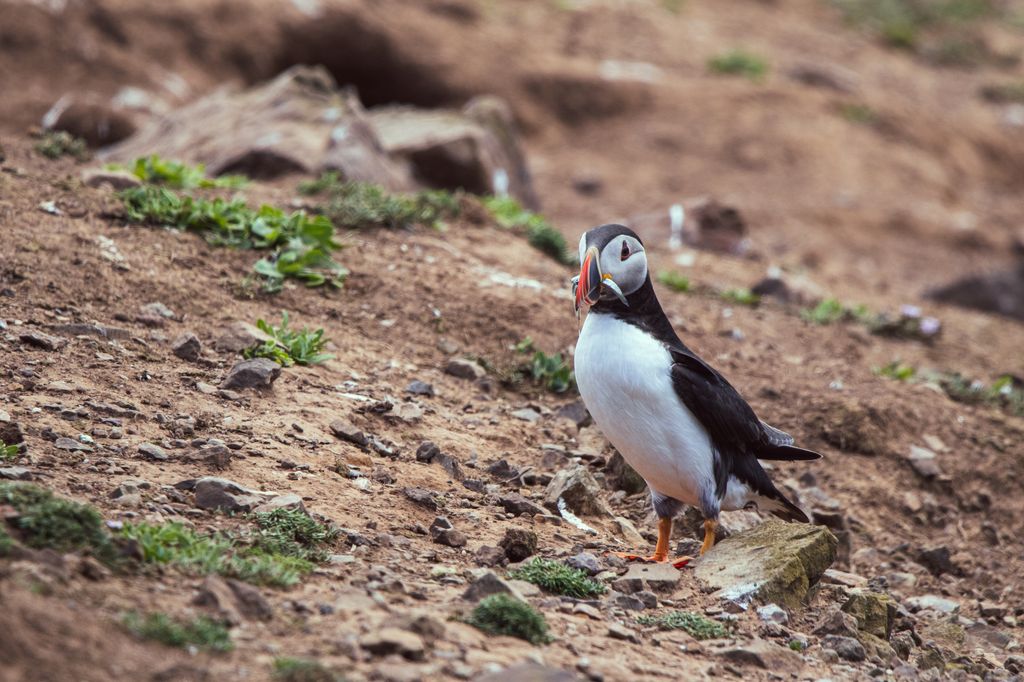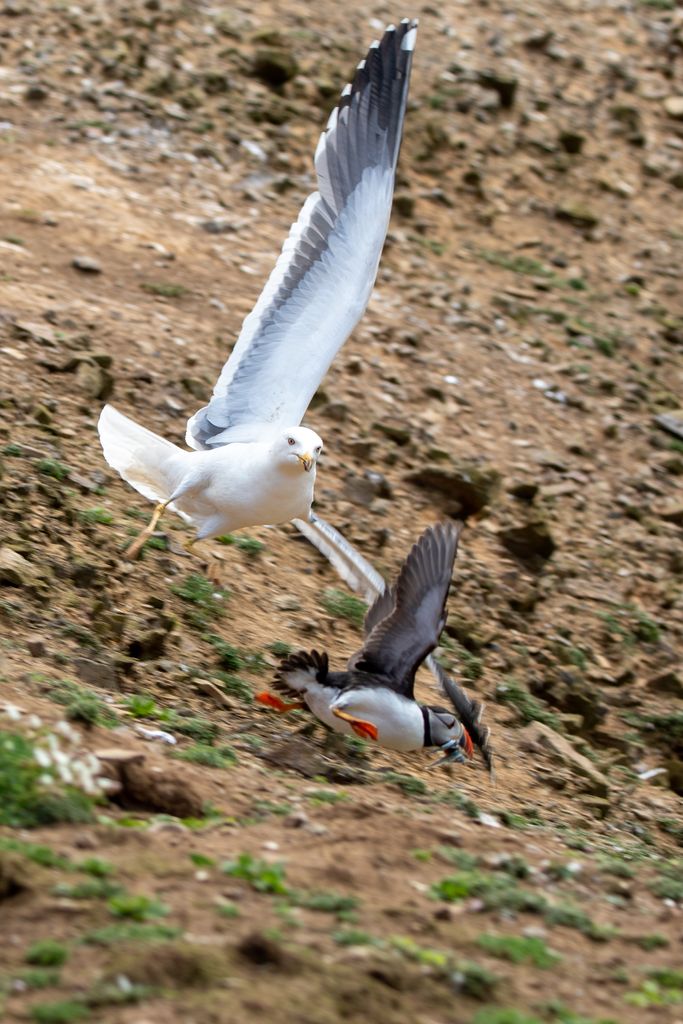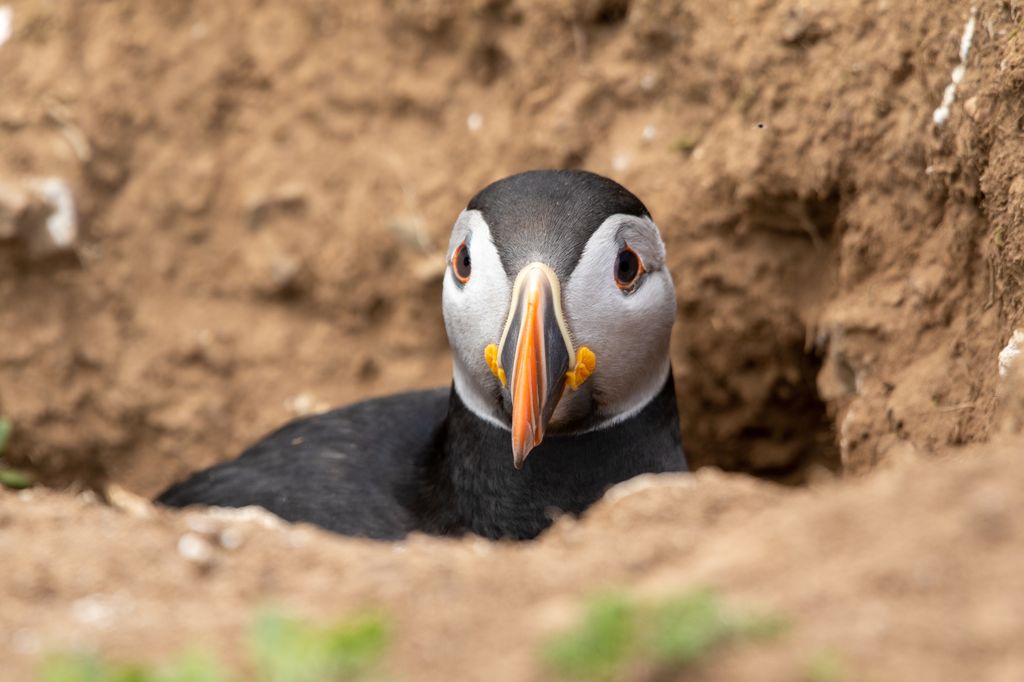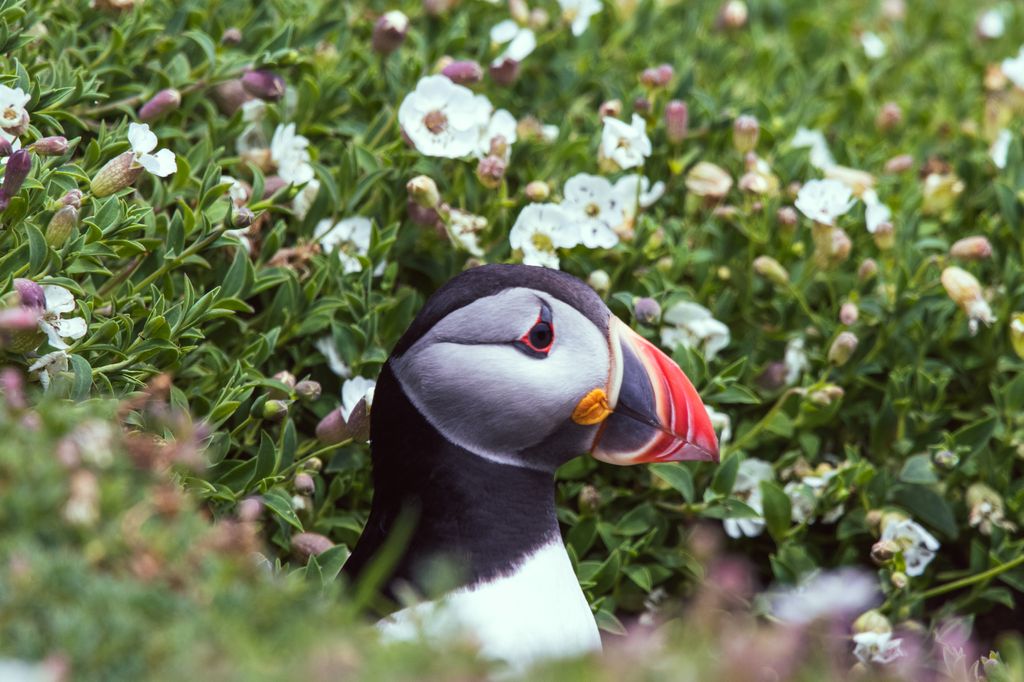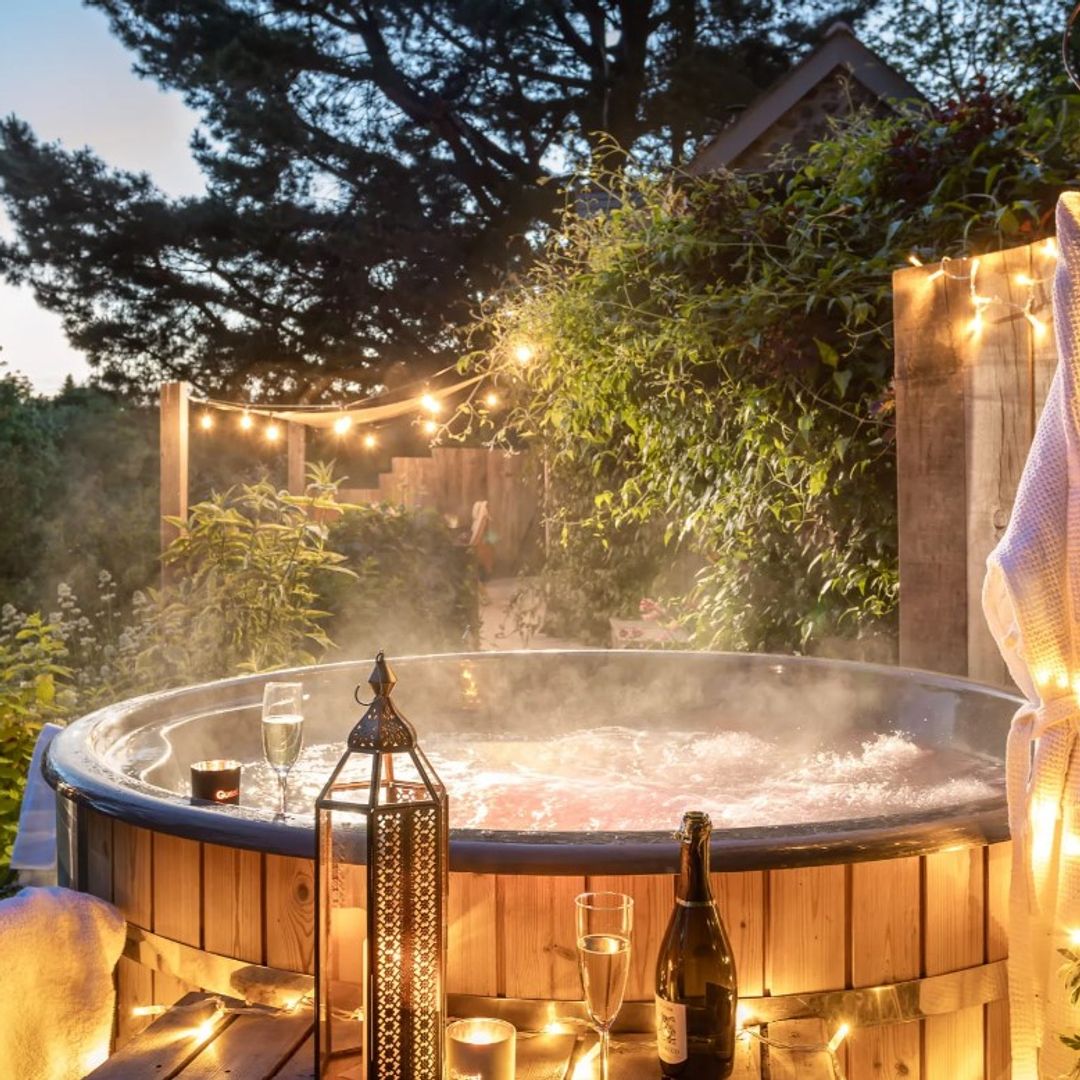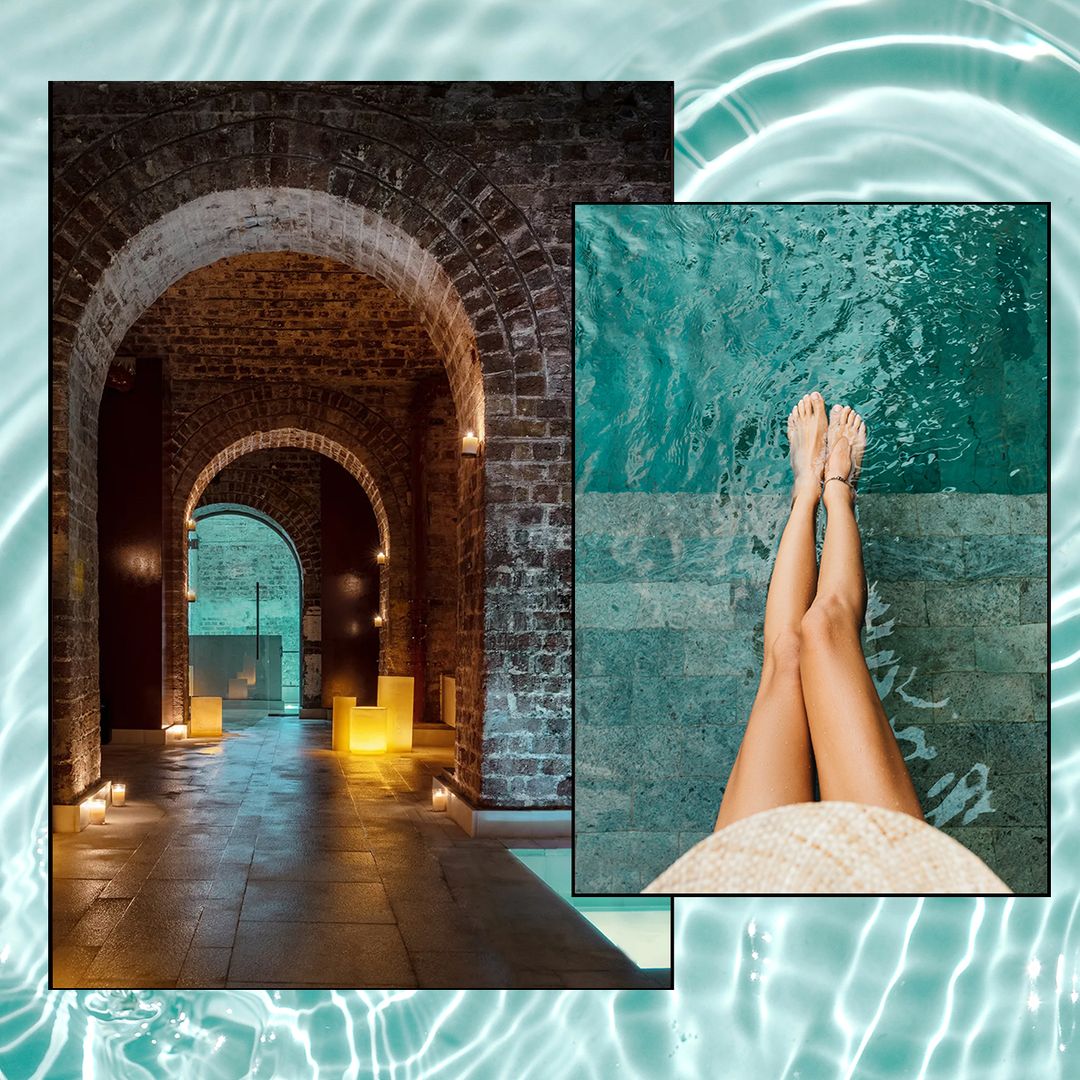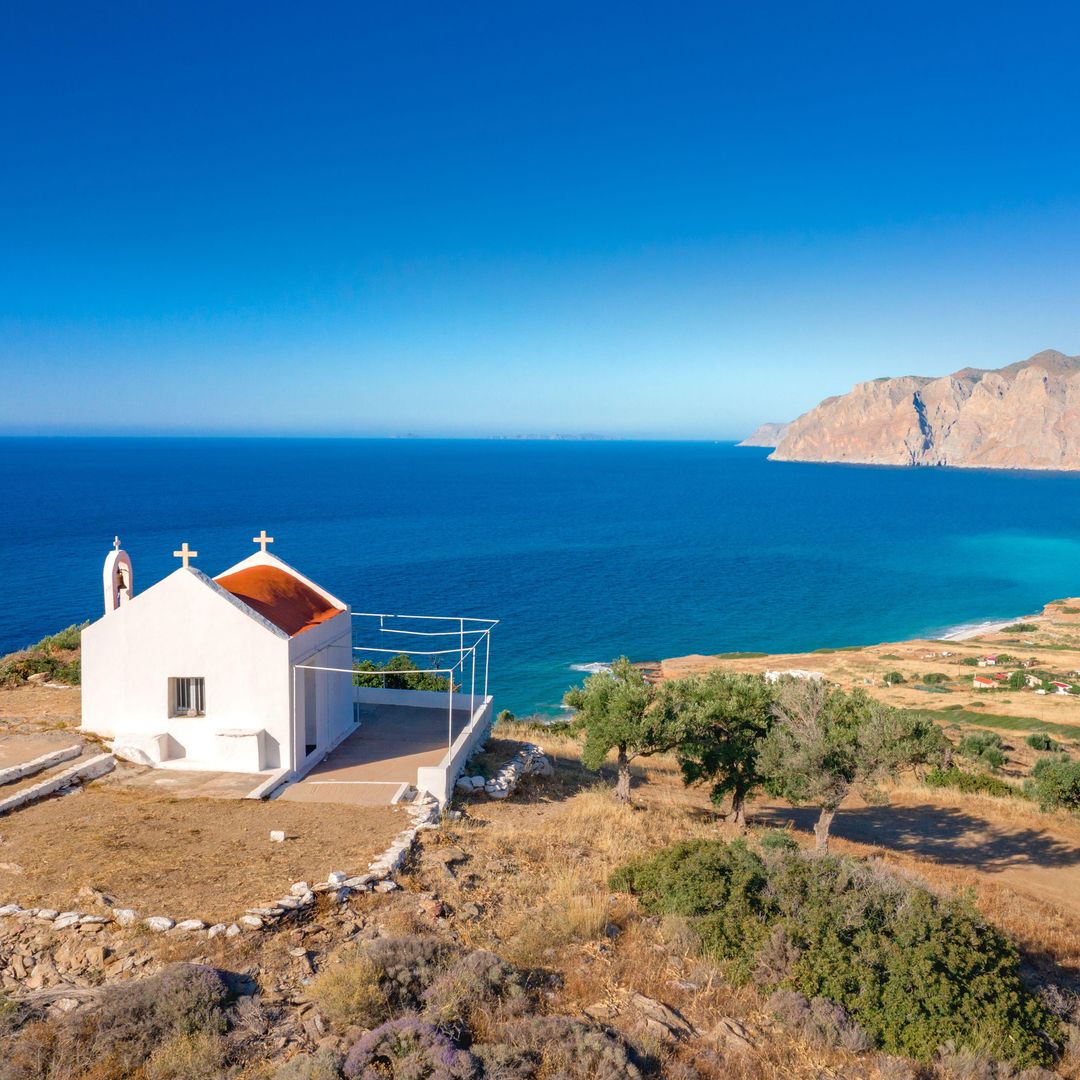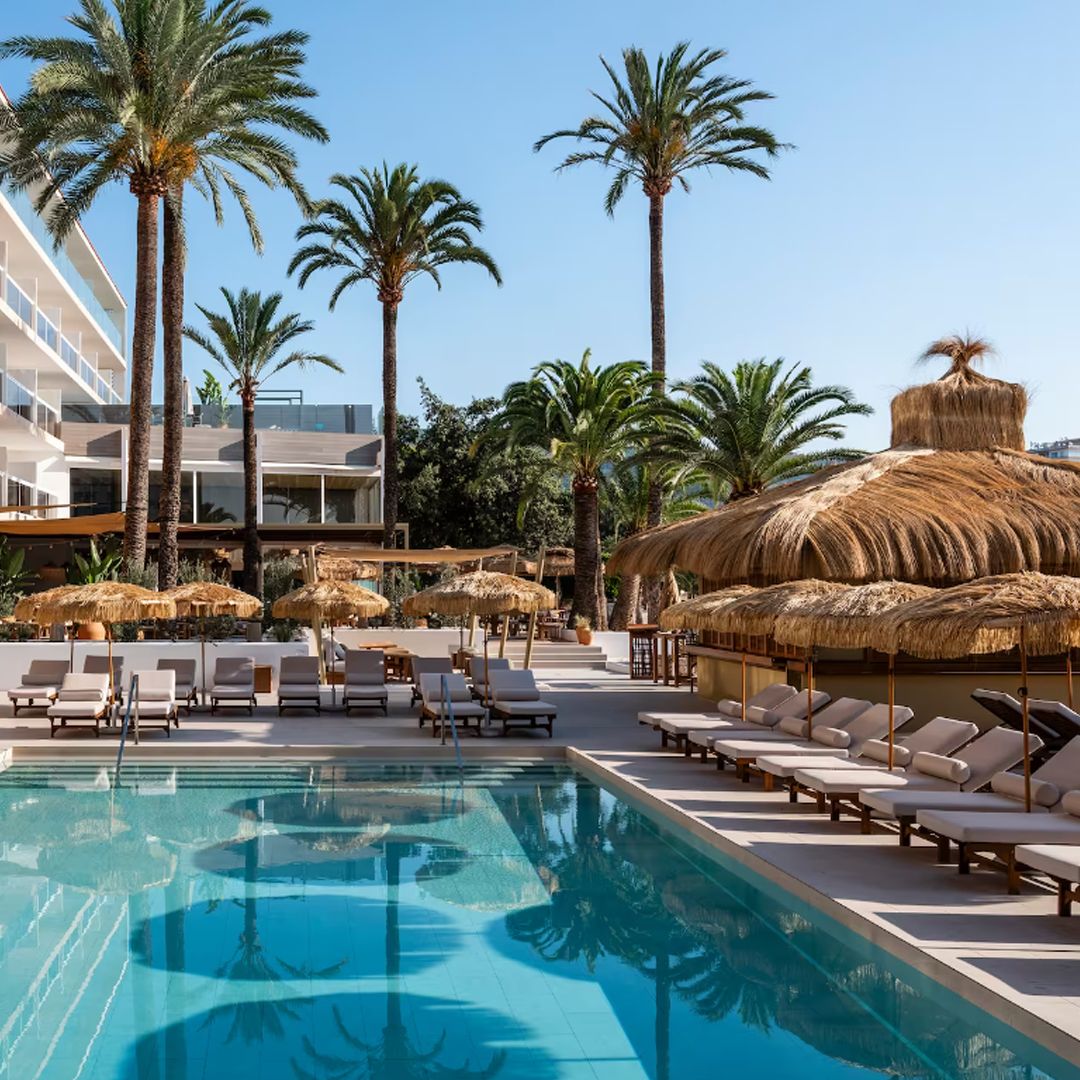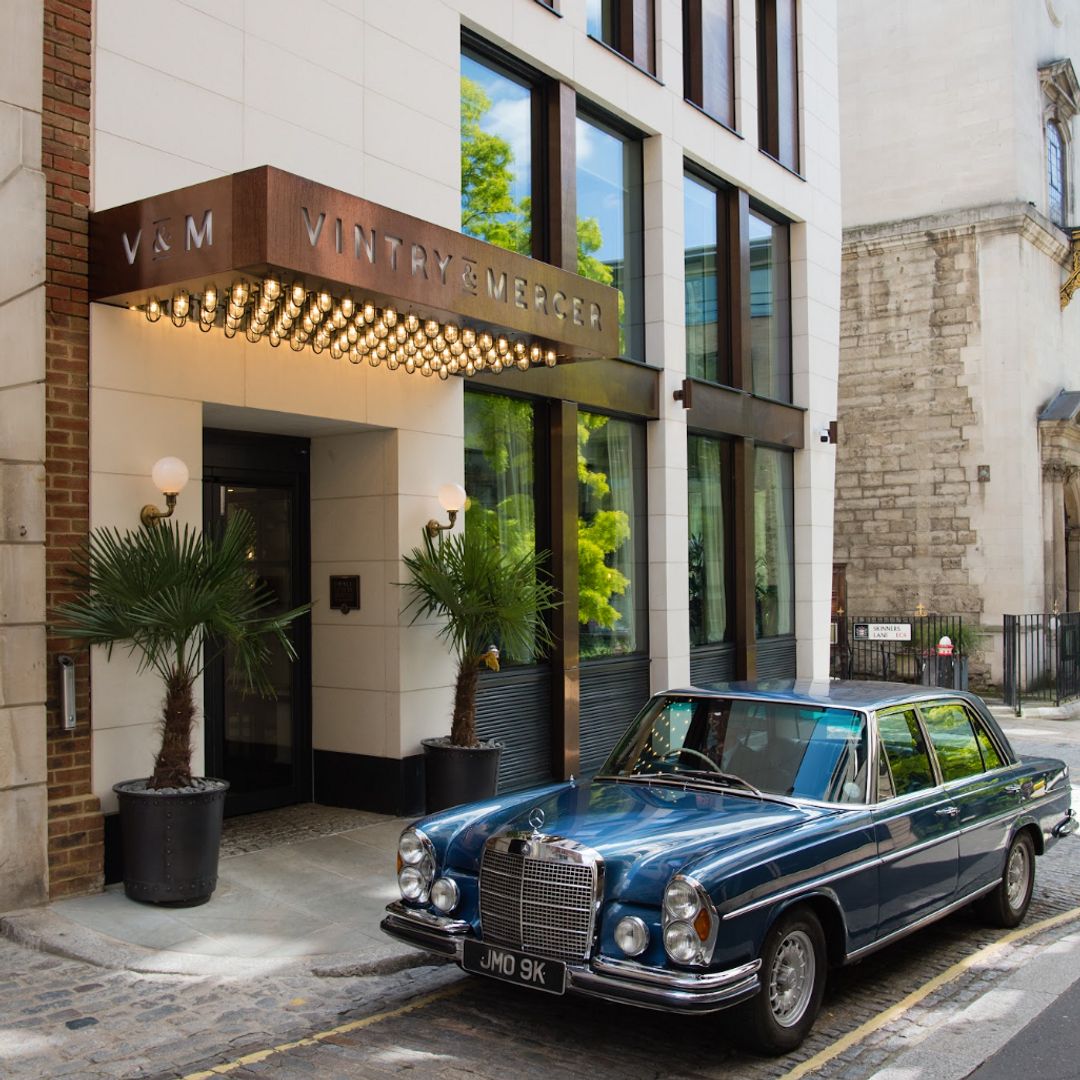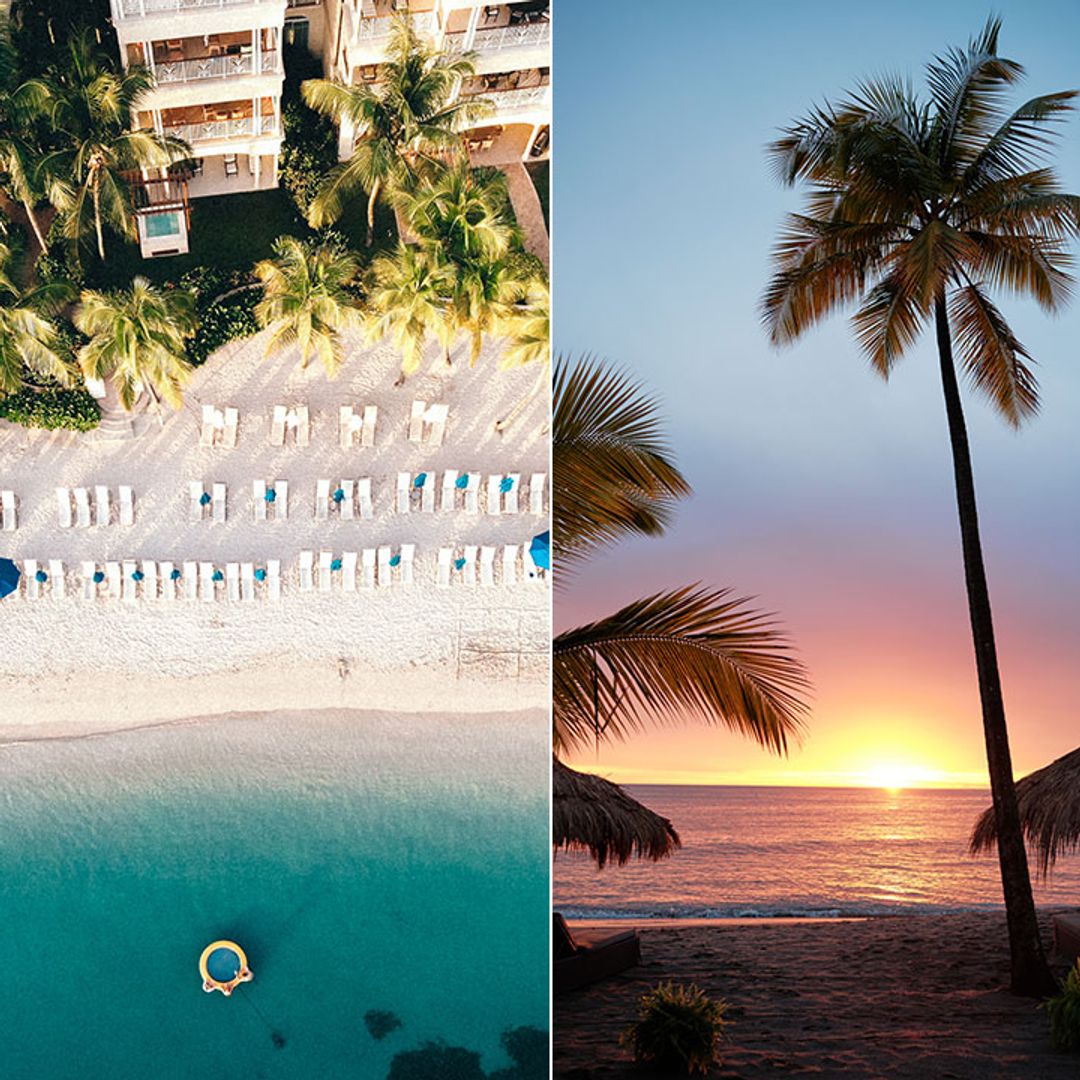There is no bird more iconic in Britain than the beloved puffin. I would be inclined to suggest that their ‘sad’ eyes and iconic parrot-like beak have melted more hearts than Ryan Gosling and Brad Pitt put together.
Like many in the UK, I too watched the Wild Isles documentary series presented by Sir David Attenborough, whose career spans eight decades and is synonymous with the natural history programmes he narrates and presents. Wild Isles, contrary to many other series associated with the presenter, centred around wildlife exclusively on the British Isles. In the very first episode, I got a glimpse of Skomer Island, a puffin dreamland with dramatic cliffs. I was immediately hooked and in ‘planning mode’ for a trip following in Attenborough's footsteps. Seeing the island on a TV screen would soon shape up to be a very different experience from what it was like to explore it in person.
Location and Accommodation
Skomer is a relatively big island, measuring approximately a mile and a half from North to South and two miles from East to West. The island is located just off the coast of Pembrokeshire in South West Wales. The biggest and liveliest of Pembrokeshire's islands is most famous for hosting an enormous colony of puffins every year between April and the end of July. A Puffin count in 2023 found 42,513 puffins on and around the island, up from 38,896 in 2022. How incredible!
The Farm is the only accommodation on the island. The three-star hostel is a beautiful, converted farm building, located at the centre of the island. The hostel sleeps up to 16 guests and there are options to book a bunk or private room, however, it’s important to note that all beds are singles or bunks. The bathrooms, lounge and kitchen facilities are all shared among the guests, further strengthening a special, sociable atmosphere on the island.
SEE: 10 dreamy holidays with hot tubs we're adding to our staycation bucket list
I stayed in Coastal Cottages' Kelwon Cottage, one of the four cottages at Orlandon farm; charming period buildings set only a five-minute drive by car from the Dale Princess ferry which takes you to Skomer Island. The timeless Kelwon cottage once belonged to a blacksmith working on the Kensington Estate and dates back some 200 years.
The place has been restored to its original features but antique furnishing balances beautifully with all modern conveniences like a dishwasher, hot water and the comfiest of beds.
Orlandon farm cottages are a great way to enjoy the Welsh wild landscape in a home away from home, embracing the lack of city noise by appreciating the sounds of nature. It makes for a perfect stay for families or groups of friends searching for an authentic Pembrokeshire experience.
The Orlandon Cottages are also pet friendly!
What to see on Skomer Island - from seabirds to sea dogs
Skomer Island is a haven for wildlife and flourishes all year round, but it’s important to note that not all the animals are easy to spot at certain times of the year or even at certain times of the day.
Without a doubt, the main stars of the island are puffins. The iconic seabirds visit the island from April to late July, with June and July being the best months to see them as male puffins are busy feeding their single chick during this time. The most popular area for puffins on the island is The Wick, which can be easily recognised by the longest string of visitors watching the birds' every move. Thanks to the limit on visitor numbers to the island, even the busiest of spots won’t feel too crowded and the animals' habitat won’t be too troubled.
Skomer Island is also home to an astonishing number of birds, with peregrine falcons (the fastest bird on the planet!), oystercatchers, ravens, buzzards, razorbills and short-eared owls being regular sightings. The razorbill is the closest living relative of the extinct great auk, and the bird changes plumage depending on the season.
The island’s colony of manx shearwater is possibly the largest in the world, but as the birds only come out at night, most visitors struggle to spot those beautiful seabirds.
Apart from the birds, there are plenty of other animals roaming the island, including lizards, toads, frogs, rabbits and butterflies.
Skomer’s dark-blue, and at times unforgiving, waters are home to grey seals that lounge on the rocks at low tide and breed on the beaches and in the caves in autumn and early winter.
Puffins: Everything, everywhere all at once
Puffins are cheeky and very quirky. Here are just a couple of facts to highlight how incredible these ‘sea parrots’ really are.
One of the most unbelievable facts I learned about puffins is their ability to dive deep into cold and often turbulent waters. These brilliant birds use their webbed feet as a rudder and can dive 60m underwater in search of their favourite fish.
A puffin’s beak (or bill) doesn’t stay the same. It changes its colour with each season. In winter, the beak has a washed-out grey colour, but with the arrival of spring, the beak blooms with a dazzling orange. It’s thought the bright colour helps puffins find their ideal mate.
In the wild, these feathered marvels live for around two decades. Puffins face the constant threat of voracious seagulls, capable of seizing them in mid-air or swiftly snatching their prey from the ground. Outside their burrows, puffins live in a constant state of alert!
What did I learn about Sir David Attenborough on the island?
David Attenborough visited Skomer Island twice in the summer of 2022 when he was filming for his ‘Wild Isles’ series. From my own research into Sir David’s trip to Skomer, I found out he refused any special treatment, travelled on the same boat that visitors do when they come to see the wildlife of Skomer Island and climbed all 87 steps to the top of the island. At the age of 96, the presenter got ready for the challenge by walking up and down the stairs of his home.
In an interview with The Wildlife Trust of South and West Wales organisation conducted on Skomer, Attenborough insisted that nature reserves are essential to care for puffins’ wellbeing. He described them as a place in which the animals should be at the forefront, stating, "Animals and plants that live here come first and human beings come second." In the interview, Attenborough didn’t shy away from admitting his admiration for puffins, saying, "I can’t think of another bird, in this country certainly, that is so naturally fearless."
I can confirm Sir David’s words as the winged wonders were not scared to share their little island with humans, some even coming in very close contact.
Seeing the island through my own eyes was a very different experience than seeing it on the TV screen. I can’t imagine many more enriching experiences than having a chance to witness puffins in such impressive numbers and their natural habitat. "The birds are everywhere" – the phrase I used in my short documentary video, which you can see below – was no exaggeration.
From the moment the boat reached the island, we were surrounded by puffins, razorbills and gulls with many other seabirds within eye's reach. The further we ventured into the island the more wonders we explored. Being there at the end of May meant bluebells and red campion flowers both bloomed and covered the windy island in a rainbow-coloured blanket.
On the hunt for the perfect puffin picture
When my boyfriend, who also happens to be an amateur nature photographer, and I embarked on the journey to Skomer, our main goal was to capture the perfect puffin picture. I am feeling quite proud of the result! However short our visit may have been this time around, we have already made a pact to go back to Skomer next year and stay on the island for a couple of nights.
Our favourite frame from the trip can be found below, but all the puffin pictures in this article were taken during our trip to Skomer Island.
Our world without puffins
Unfortunately, puffins are currently on the Red list of UK Birds of Conservation Concern. A study from the British Trust for Ornithology, published in 2021, indicated that the UK's Puffin population could plunge by as much as 90 percent by 2050. Puffins, alongside many other seabirds, are very sensitive to changes in the marine environment caused by global warming.
RELATED: Most beautiful seaside towns to visit in the UK this summer
I won’t forget the terrifying warning from the British Trust for Ornithology CEO, Professor Juliet Vickery, who said, “There is a very real chance that our grandchildren may never know what it is like to see a Puffin in Britain and Ireland.”
Coastal Cottages’ Kelwon Cottage in Orlandon, near St Brides Beach sleeps four across two bedrooms. A seven-night stay starts from £692 and a three-night weekend break from £510. Visit www.coastalcottages.co.uk or call 01437 765765 for more information.
